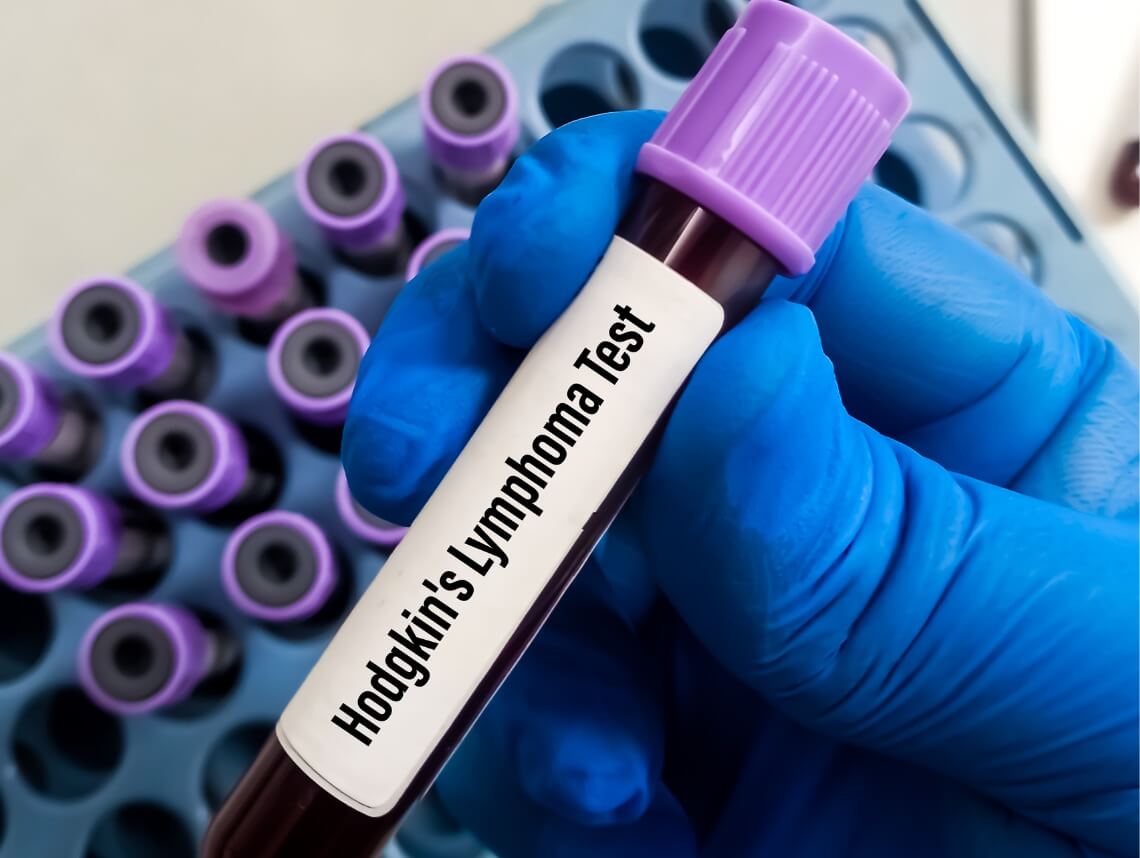Non-Hodgkin lymphoma (NHL) is a type of cancer that affects the lymphatic system, a vital part of the body’s immune system. While relatively rare in children, non-Hodgkin lymphoma can still occur, requiring prompt diagnosis and treatment. This article provides an overview of non-Hodgkin lymphoma in children, including its causes, symptoms, diagnosis, and available treatment options.
What is Non-Hodgkin Lymphoma
Non-Hodgkin lymphoma is a group of blood cancers that originate in the lymphocytes, which are the white blood cells responsible for fighting infections. It differs from Hodgkin lymphoma in that it lacks a specific cell type called Reed-Sternberg cells. The causes of NHL in children are still not fully understood. Still, certain risk factors have been identified, including genetic predisposition, immune system disorders, exposure to certain chemicals or radiation, and certain infections such as Epstein-Barr virus (EBV).
Non-Hodgkin Lymphoma Symptoms
The symptoms of NHL in children can vary, depending on the subtype and stage of the disease. Common signs include:
- Swollen lymph nodes
- Fever
- Weight loss
- Fatigue
- Night sweats
- Abdominal pain
Diagnosing Non-Hodgkin Lymphoma
These symptoms are often nonspecific and may be mistaken for other conditions. Consequently, accurate diagnosis is crucial. Pediatric oncologists employ a combination of methods, including:
- Physical examination
- Blood tests
- Imaging scans (such as ultrasound, CT scan, or MRI),
- Lymph node biopsies
Types of Non-Hodgkin Lymphoma in Children
Non-Hodgkin lymphoma in children encompasses several subtypes, each with distinct characteristics and treatment approaches. The two primary subtypes seen in children are:
- Burkitt lymphoma: This aggressive form of NHL often presents as a rapidly growing tumor, most commonly affecting the abdomen or jaw. Prompt diagnosis and intensive chemotherapy are essential for successful treatment.
- Lymphoblastic lymphoma: This type typically arises from T-cells or B-cells and often involves the thymus. It may manifest as a solid tumor in the chest, causing breathing difficulties. Treatment generally involves chemotherapy and radiation therapy.
Non-Hodgkin Lymphoma Treatment Options
The treatment of non-Hodgkin lymphoma in children typically involves a multidisciplinary approach, with a combination of therapies tailored to the specific subtype, stage, and overall health of the child. The primary treatment methods include:
- Chemotherapy: Powerful drugs are used to kill cancer cells and prevent their growth and spread. Different drug combinations and regimens may be employed based on the subtype and stage of NHL.
- Radiation therapy: High-energy X-rays or other forms of radiation are targeted at the affected areas to eliminate cancer cells and reduce tumor size.
- Immunotherapy: This innovative treatment option enhances the body’s immune system to recognize and destroy cancer cells more effectively.
- Stem cell transplant: In some cases, high-dose chemotherapy or radiation therapy is followed by a stem cell transplant to replace damaged cells and restore healthy blood cell production.
Non-Hodgkin Lymphoma Prognosis and Support
Advancements in treatment approaches have significantly improved the prognosis for children with non-Hodgkin lymphoma. The overall survival rates for pediatric NHL vary depending on the subtype and stage of the disease. Ongoing follow-up care and support are crucial for children who have undergone treatment. Pediatric oncologists and a supportive care team provide ongoing monitoring, address the late effects of treatment, and offer emotional and psychological support to the child and their family.
While it remains relatively rare compared to other childhood cancers, understanding the causes, recognizing symptoms, and seeking timely medical attention are essential for the best possible outcomes. Ongoing research and advancements in treatment options provide hope for improved survival rates and better quality of life for children affected by NHL.
Contact Care Options for Kids for Home Health Care in Florida
It can be hard to balance your time between work, home, and caring for a child. That’s why our team of skilled professionals at Care Options for Kids is here to help. We have been enforcing precautionary measures and following the Centers For Disease Control (CDC) guidelines for COVID-19 to ensure the safety and health of our clients and employees.
Our home health care services offer support one-on-one in the comfort of your home. We refer loving and competent nurses to provide customized care for families — from a few hours a day to around-the-clock supervision. Contact us directly to speak with a home health care professional or request a free Pediatric Consultation. Together we can determine the best plan of action to keep your loved ones happy and healthy.
If you or a loved one are considering Pediatric Home Health Care Services in Florida, contact the caring staff at Care Options for Kids. Call today at (888) 592-5855.






